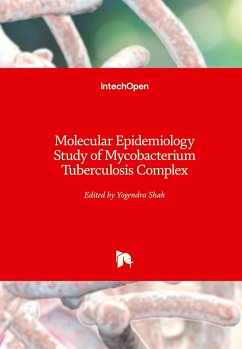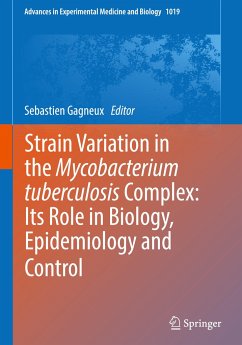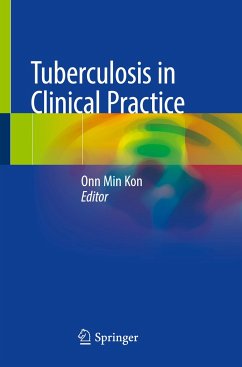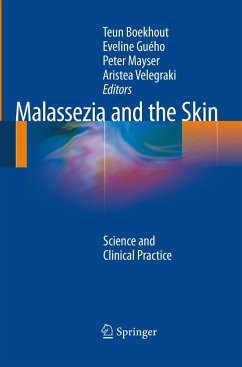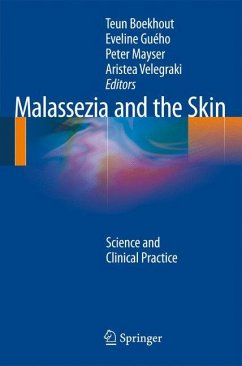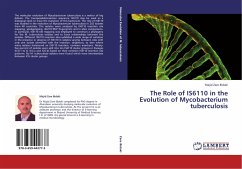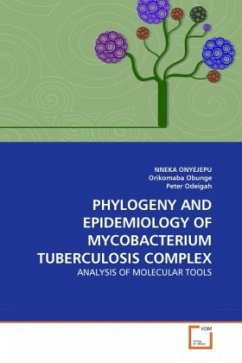
PHYLOGENY AND EPIDEMIOLOGY OF MYCOBACTERIUM TUBERCULOSIS COMPLEX
ANALYSIS OF MOLECULAR TOOLS
Versandkostenfrei!
Versandfertig in 6-10 Tagen
32,99 €
inkl. MwSt.

PAYBACK Punkte
16 °P sammeln!
The global tuberculosis burden necessitates the understanding of the nature and extent of genetic variation in the species and phylogenetic relationships among member strains of the M. tuberculosis complex (MTBC). The availability of genome sequence data for MTBC has led to efforts in genome-wide analysis of polymorphic sequences (synonymous single nucleotide polymorphism and large sequence polymorphisms) which serve as efficient makers for examining phylogenetic relationships. Analyses of SNPS have yielded three principal genetic groups and subsequently nine major genetic groups. LSP deletion...
The global tuberculosis burden necessitates the understanding of the nature and extent of genetic variation in the species and phylogenetic relationships among member strains of the M. tuberculosis complex (MTBC). The availability of genome sequence data for MTBC has led to efforts in genome-wide analysis of polymorphic sequences (synonymous single nucleotide polymorphism and large sequence polymorphisms) which serve as efficient makers for examining phylogenetic relationships. Analyses of SNPS have yielded three principal genetic groups and subsequently nine major genetic groups. LSP deletions from MTBC such as deletion 1 region have been used to examine strains relatedness and also correlation of clonal lineages. These data and current evidence suggest that M. canettii is the common ancestor of MTBC and that the population structure is highly clonal. The successful clonal expansion of MTBC is associated with human host activity such as human population migration. These support the assertion that MTBC is an ancient pathogen that co-evolved with its hosts. This has implications for the phenotypic variation and non-random geographic distribution of MTBC.



